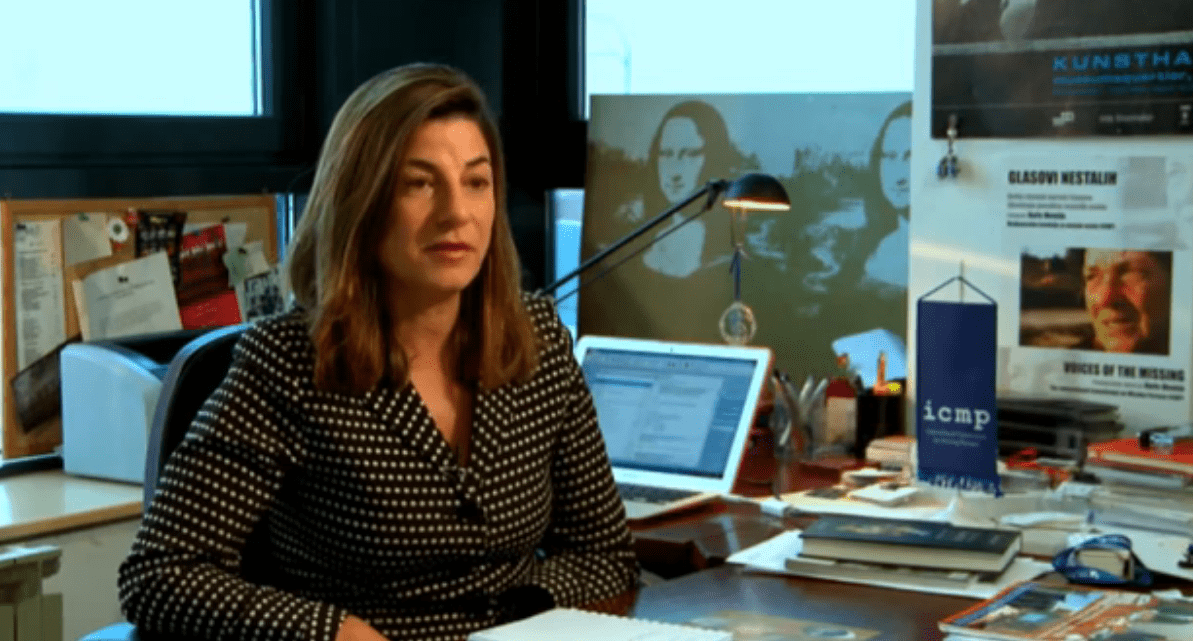This post is also available in: Bosnian
Speaking at the round table entitled “Between Anonymisation and Public Interest: Protection of Personal Data”, the judge of the State Court Mira Smajlovic said that the practice of removing all verdicts, after the Agency for Protection of Personal Data issued an act related to just one case, was a result of “non-selective compliance”.
“We have accepted that note non-selectively and started up a practice of anonymisiation. A justified reaction from the public and attacks on the Court of Bosnia and Herzegovina ensued. We suffered damage and gave ourselves an own goal. We have only closed us up and imposed criteria. We damaged ourselves and confidence of the public in the Court of Bosnia and Herzegovina,” said Smajlović.
She added that the practice of anonymising all verdicts neglects the public interest.
That is why, said judge Smajlovic, the Court of Bosnia and Herzegovina prepared changes to the house rules on anonymisation, which will order internet publishing of all verdicts in cases of war crimes, terrorism, organised crime, corruption, tax evasion and others cases established through special procedure as being of special public interest.
“In war crime and other major crime cases the public interest is assumed, which is why there won’t be any special tests of public interest. However, in other less major cases, a special test will be carried out, for example if the perpetrator is a public official,” explained the judge.
Smajlovic added that the publishing of the verdict in war crime cases with full name and case of the convicted is crucial for the moulding of future generations.
“We have a responsibility before public and history to make perpetrators answer for their acts,” she said.
Representative of the State Agency for Protection of Personal Data Nedzmija Kukricar explained that the practice of general anonymisation in the Bosnian judiciary was a result of a too broad interpretation of the Agency’s proposal.
“We are against automatic data processing – however, the law on protection of personal data allows publication if there is a public interest involved. In the most severe cases we see that we have to publish names. It is significant because of future generations and reconciliation. However, in marginal acts, there will be a testing of public interest, which can be done through a number of questionnaires,” said Kukricar.
Vera Bjelogrlic from the High Judicial and Prosecutorial Council said that this institution formed a taskforce which will analyse the need for abandoning the practice of anonymisation of all verdicts aimed at creating balance between the right to access of information and right to the protection of personal data.
Slavo Lakic from the Federal Prosecutor’s Office said that it would be important to establish permanent and obligatory rules for courts, but also prosecutions, in order to know which documents can be published.
“In the case of prosecutions, it is a bit more difficult, because these are not finalised cases. However, I have no problem with everything being published,” he said.The meeting was attended by Editor in Chief of BIRN in BiH Erna Mackic who underlined the importance of having publicly available indictments as well as full names of those indicted for war crimes. According to Mackic the anonymization hurts investigative journalism the most but other forms of research too, especially when it comes to most atrocious crimes such as war crimes, organized crime, etc. The meeting’s findings will be used by the HJPC’s working group composed of members of non-governmental organizations. The working group should bring a set of guidelines for solving the issue of anonymization. These guidelines will be sent to HJPC for consideration, after which they should be forwarded to courts and prosecutor offices across BiH.The roundtable discussion was organised by the Analitika agency.

